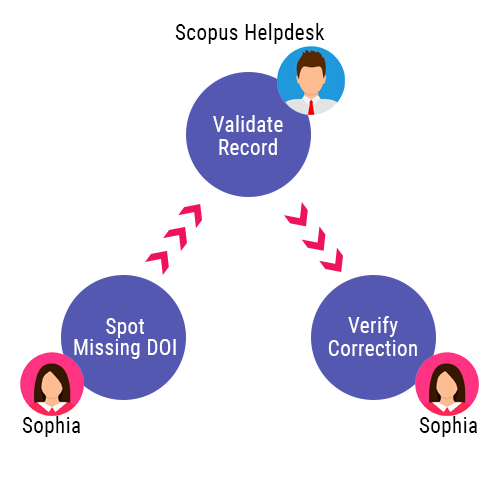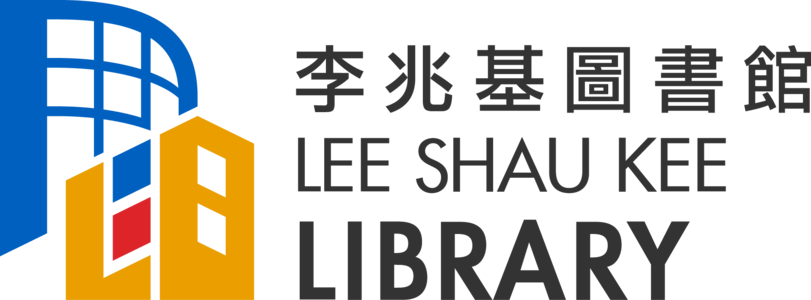In this week’s post, Sophia (Year 2, SENG) shares about her part-time work experience at the Library’s Research & Learning Support Team. Let’s dive into Sophia’s story and learn what she learned along the way.
Why I Chose to Work in the Library
Like many students, I consulted university rankings such as “QS ranking” and “THE ranking” and searched for information like the number of papers published by a specific university when I was selecting universities and majors. I was always curious about what makes these rankings and the key mechanism behind them, for example, how publications in databases count towards the ranking. I felt fortunate to find a library student helper position on HKUST’s student job board that could perfectly answer my questions. Therefore, I would say it’s my curiosity about university rankings and research outputs that led me to the position. After passing the interview, I embarked on a fantastic and rewarding journey.
My Role as a Library Student Helper
My primary responsibilities involved reviewing and indexing the university’s research output records from various research databases into the university’s institutional repository. My tasks included:
- Verifying publication data: I cross-checked HKUST publications in Scopus, the HKUST Institutional Repository, and occasionally faculty CVs to ensure comprehensiveness and accuracy.
- Identifying and reporting anomalies: I examined discrepancies in publication records, such as affiliation mismatches and author ID misassignments in key databases like Scopus and reported them to database administrators for correction.
- Updating HKUST Institutional Repository: I extracted information from Scopus and Web of Science, such as funding source and author data, to enrich records stored in the university’s institutional repository.

One of my tasks at work is reporting errors, such as missing DOIs in papers, to the Scopus Helpdesk, and subsequently verifying the corrections after the publication record has been updated.
Benefits of Working as a Library Student Helper
Working as a student helper has allowed me to develop valuable skills in literature searching, attention to detail, and time management. Additionally, I’ve gained familiarity with research database platforms like Scopus, Web of Science, and Google Scholar, which has enabled me to efficiently search for relevant scholarly information.
Through my work, I’ve learned that Scopus serves as a key bibliometric data source for many world university rankings, such as QS and THE. While methodologies differ across various ranking systems, factors like publication year, document type, subject, author affiliation, citation impact, and international collaboration generally contribute to an institution’s research metrics. By reporting missing publications and correcting mislabeled publication records, I’m helping to improve HKUST’s research profile and citation score on Scopus, albeit in a small way.
Advice for Aspiring Student Helpers
If you’re in your first or second year of university, I highly recommend considering a library student helper position. The early years of university are an ideal time to familiarize yourself with research databases, book catalogues, and library operations. This opportunity not only helps you become better at time management but also enriches your academic experience as a smart knowledge seeker.
As the summer semester approaches, more student job openings will become available across various units and departments. Keep an eye out for library student helper vacancies here. Seize the opportunity to learn, and I hope your journey will be as enjoyable as mine has been!
– By Sophia Wong (IEDA, SENG)
Views: 523
Go Back to page Top
- Category:
- Guest Posts
Tags: data correction, part-time work, publication data, student helper, university ranking
published April 28, 2023


